He Was Just Hungry.
There is a story I have been telling a lot lately, and I’d like to tell it here too. A principal at a 27J elementary school shared this anecdote with me when Food for Hope first started serving their community in 2018. It has resonated with me ever since. She told me about a boy in their school the year before that was notorious for being a problem in the classroom. He often had disruptive outbursts, didn’t complete requested work, and t generally misbehaved. No matter what the staff tried to do to redirect and help this student, the negative trend in his demeanor remained for the whole year. Then, towards the end of the school year, a church brought in some food that they had collected to give to families in need. This boy was one of the students brought in to pick out food for his family. When given a bag and told he could pick whatever he wanted, the child got tears in his eyes and said, “I’m so hungry.” So hungry. The principal told me that is the moment that it all came together for them. He had just been hungry the whole time. Not defiant, not lazy, but hungry.
This story supports the research that has been done on how regularly experiencing hunger can affect children as they grow and learn. A report from the U.S. Department of Agriculture (USDA) found that kids who are food insecure are also more likely to have behavioral issues. This can manifest in the classroom as difficulty concentrating, increased irritability, or even aggressive behavior. It’s no wonder teachers often notice that hungry kids struggle to keep up. The effects of hunger aren't only academic. Children who are food insecure are more likely to experience health problems. According to the Centers for Disease Control and Prevention (CDC), these kids are at a higher risk for obesity, diabetes, and other chronic conditions. It’s a vicious cycle: hunger leads to health issues, which in turn can affect a child’s ability to learn and thrive in school.
The free breakfast and lunch offered at school is an important piece of a nutritional foundation for children, but how can we make sure kids are getting adequate food at home too? Food for Hope was created to specifically address this issue. I always think about this little boy when I need to be reminded why we do what we do. And why it's important to keep going even when moving forward with our mission is tough. He and thousands of others like him are why we are currently promoting a Growth Initiative Campaign to shore up our resources and ensure we can continue providing healthy, fresh, and culturally sensitive foods through our programs. As we enter the holiday season, would you remember this boy? Would you remember Food for Hope and possibly consider our organization for a year-end gift? The future of our community will be brighter with your investment in hope.


